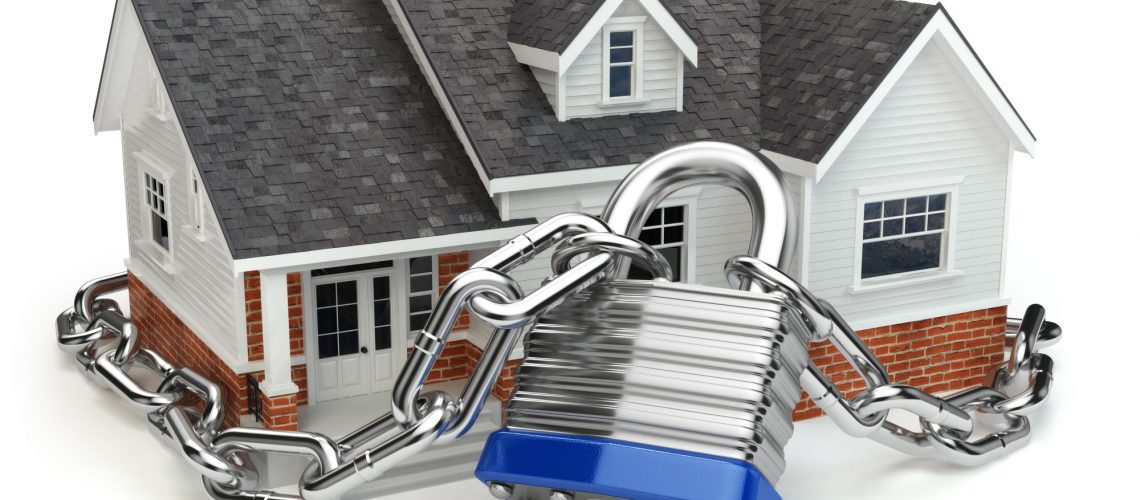In the 1990 comedy Home Alone, when our young hero, Kevin, was left “home alone” through a series of unfortunate events while his family traveled for Christmas vacation, he found himself positioned as the last line of defense between his family home and a couple of con men intent on robbing the place. As the plot unfolded, Keven proved he was up to the challenge. Kevin’s mischievous creativity became his strongest asset as he set a variety of hilarious booby traps that ultimately led to the capture of the criminals.
When Keven learned that his house was at risk, he was motivated to protect it, so he actively developed and executed a plan designed to do just that. He did not sit back, wait for life to unfold, and hope for the best. We can learn a lot from this little boy. If you are motivated to protect your house, you need a plan.
The first question you might ask yourself is – from what does my house need protecting? I’m not writing for a new home security company in town, and I assume you’re not the target of a couple of clumsy con men. But there are three common legal risks that you can minimize or avoid by planning ahead.
First, you should do whatever it takes to keep your home out of probate court when you die. Probate court is the legal process required to transfer assets from one generation to the next when the older generation dies. The process is extremely expensive, frustratingly slow, and embarrassingly public. Probate is the default rule – those that don’t plan ahead typically wind up in probate. Those that plan ahead usually stay out of probate. Probate court catches all assets that are still titled in the name of a deceased person at the time of death, so the key to probate avoidance is titling all of your assets, including your home, so that they are not solely in your name when you die. But you must be careful how you do it, especially because of unwelcome tax consequences you can trigger if you title the home wrong.
That leads to the second major concern you should consider when planning to protect your house – unnecessary taxation. A couple different types of taxes come to mind. The lesser concern involves the annual real estate tax we all pay for the right to own a home. You must be careful when changing the title on your home to avoid the loss of your homestead tax credit and, if applicable, the tax reduction received by those over the age of 65.
The greater tax concern in most cases involves the capital gains tax. Capital gains taxes aren’t due until you sell your home, but decisions you make long before the sale can have a big impact on the amount of capital gains taxes ultimately due at the time of sale. If you focus only on avoiding probate and aren’t careful how you change the deed to your house, you can shoot yourself in the foot when it comes to annual real estate taxes and capital gains taxes.
The third major concern many people need to consider is the danger of Medicaid liens. Admittedly, Medicaid liens are going to be much more important to older planners and less important to younger planners, but the negative effects of Medicaid liens can be so devastating to families that the issue demands some consideration by everyone.



